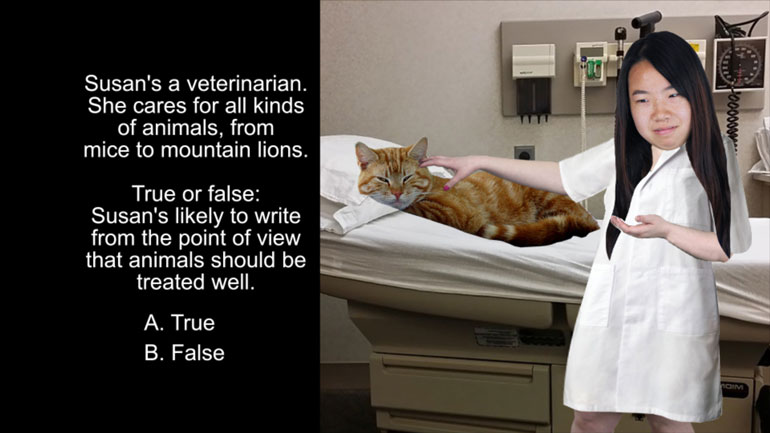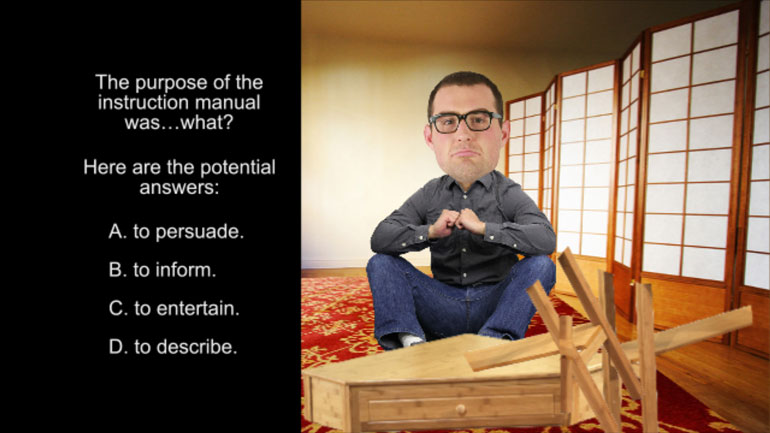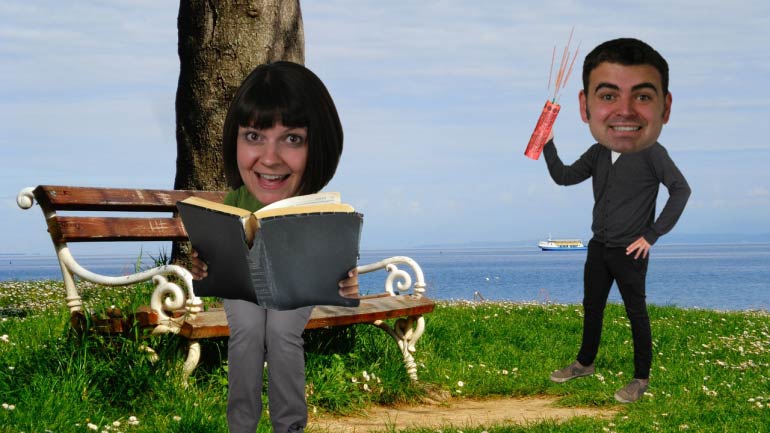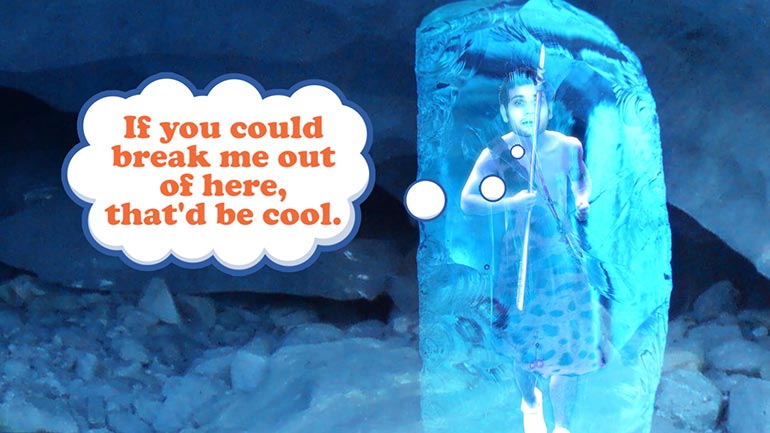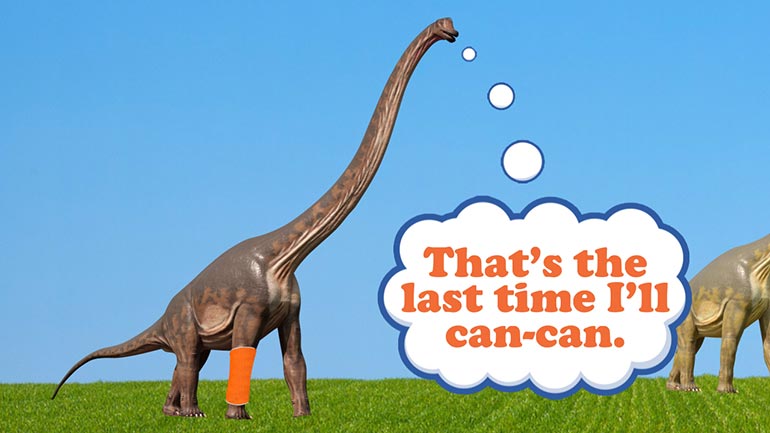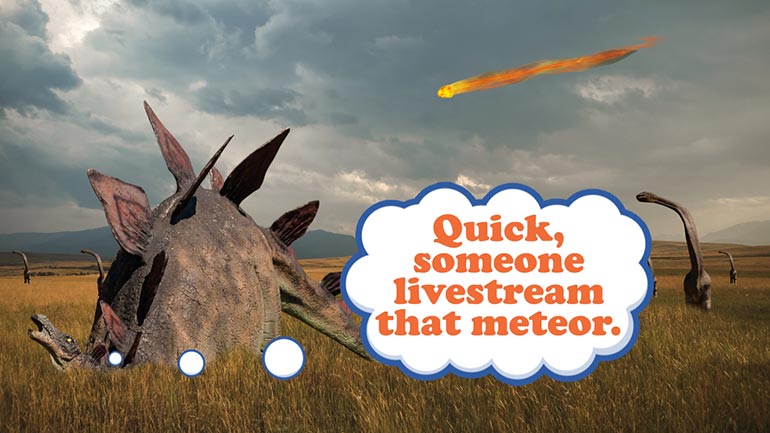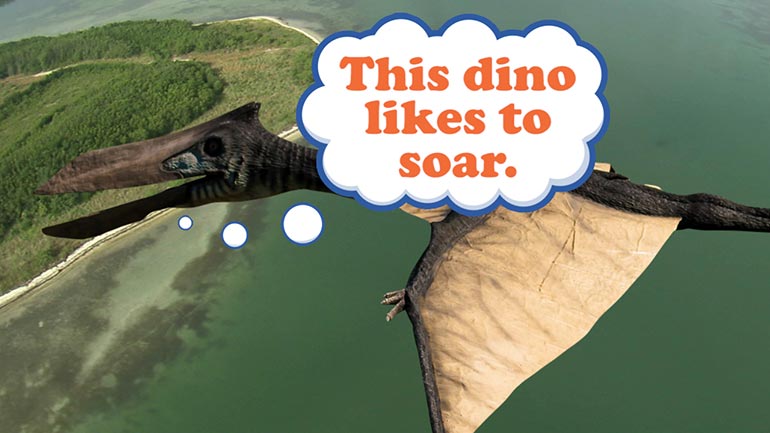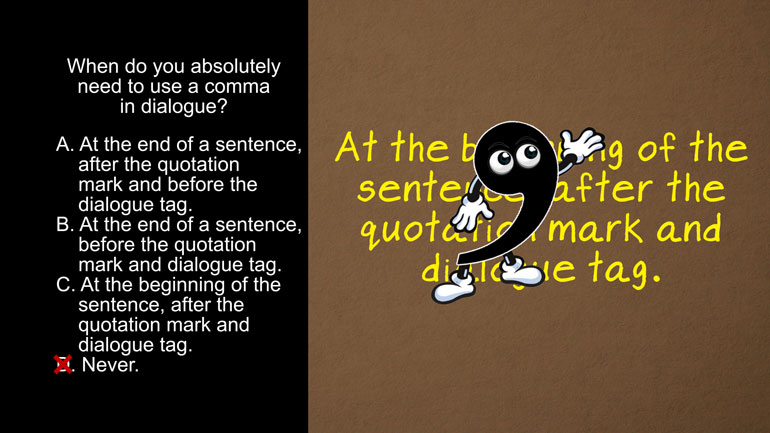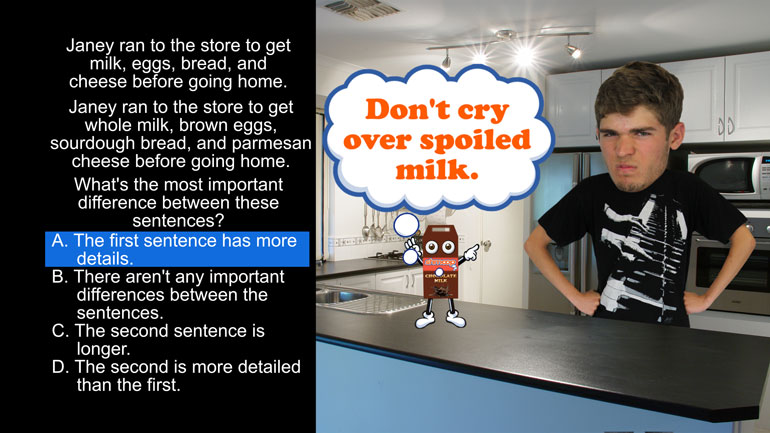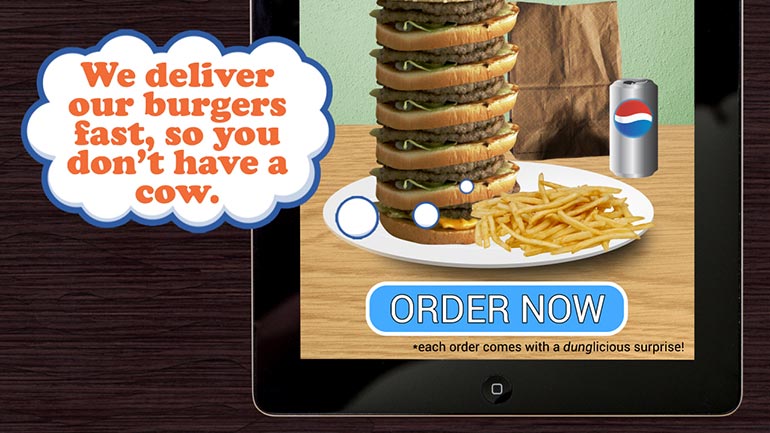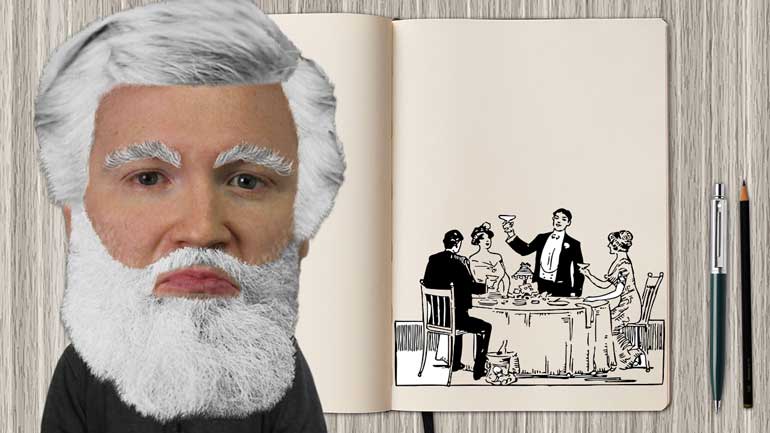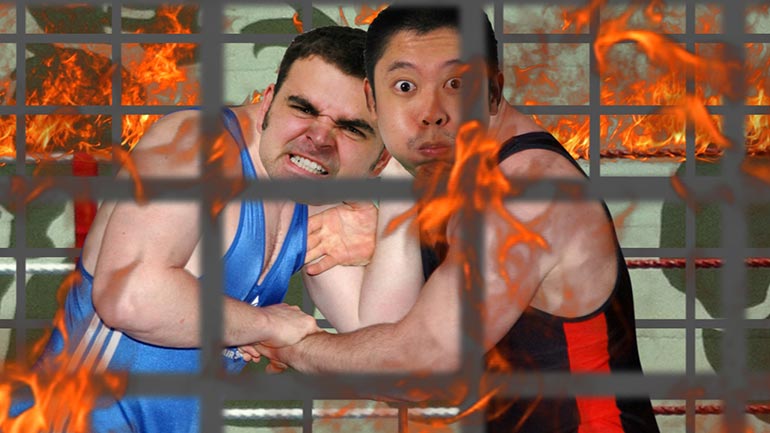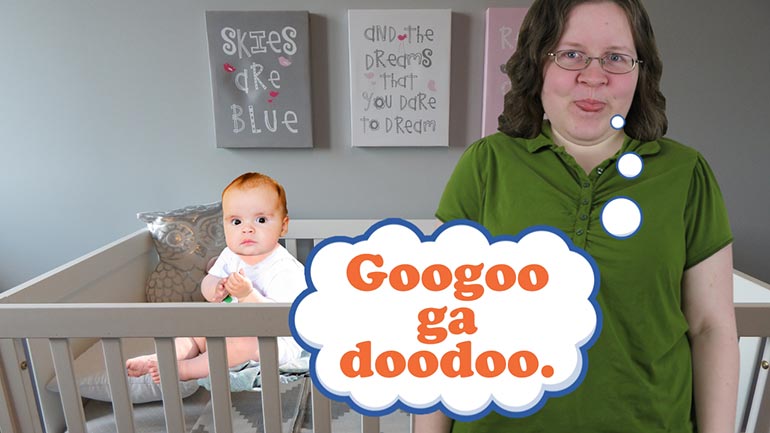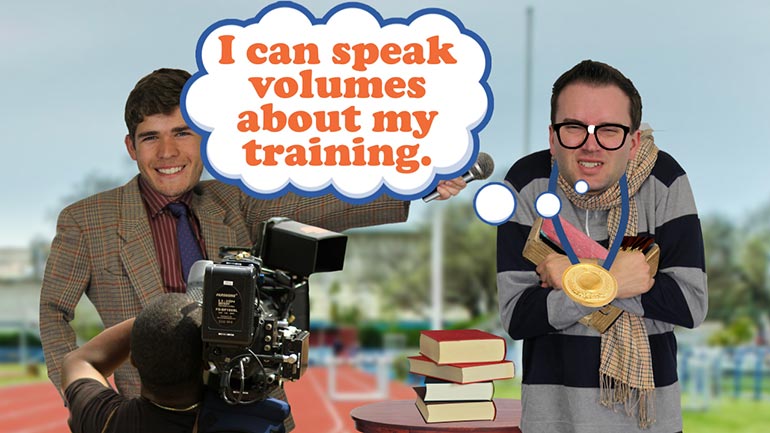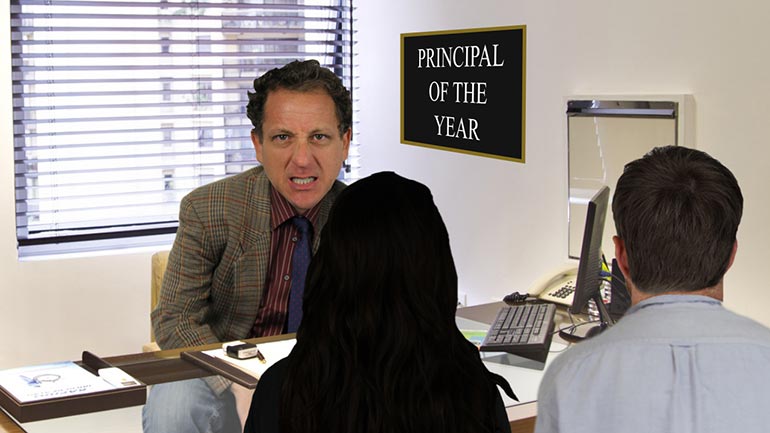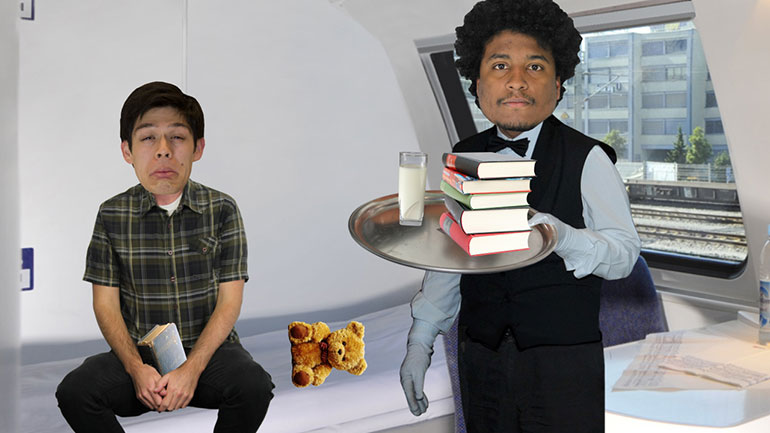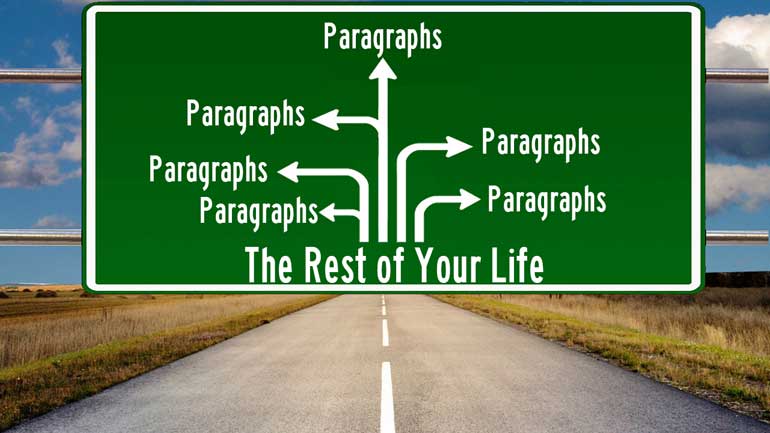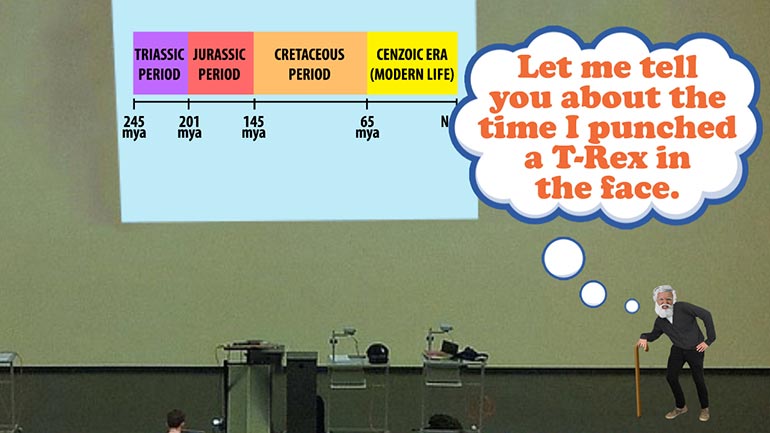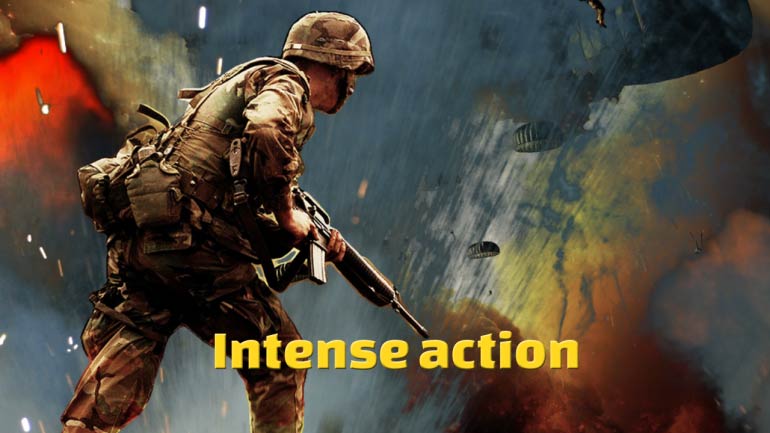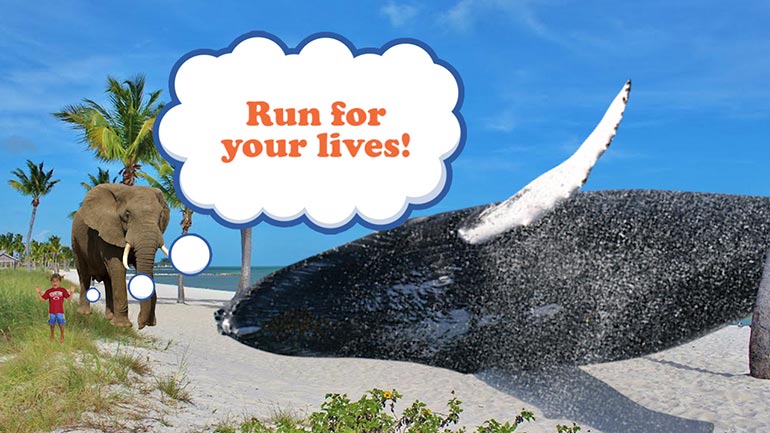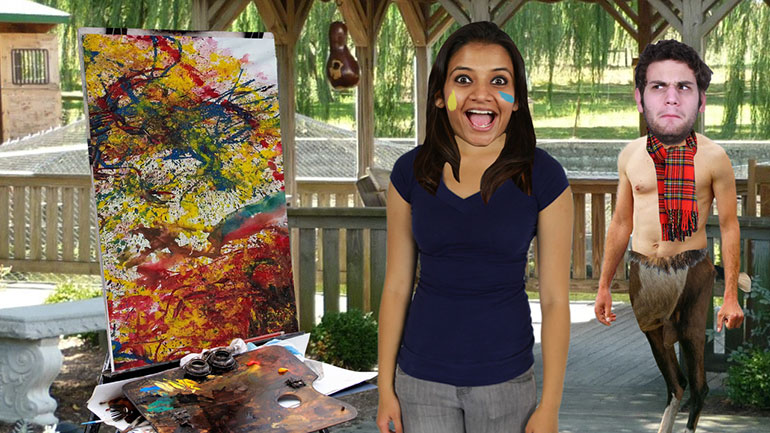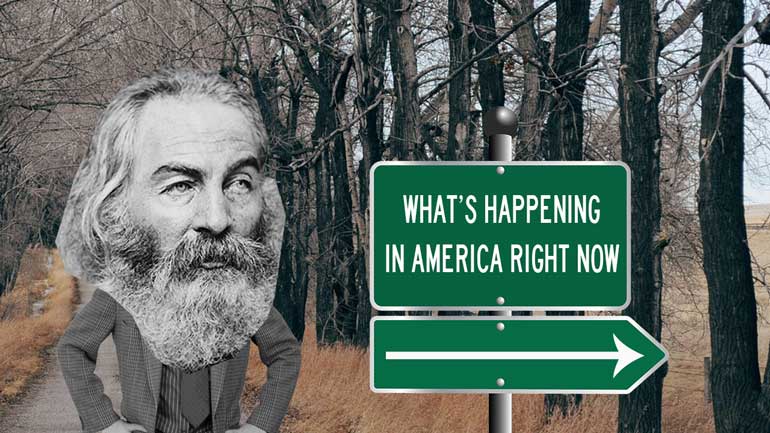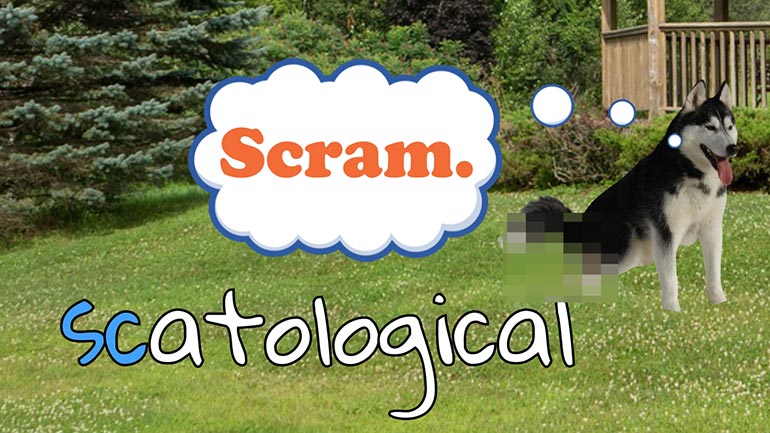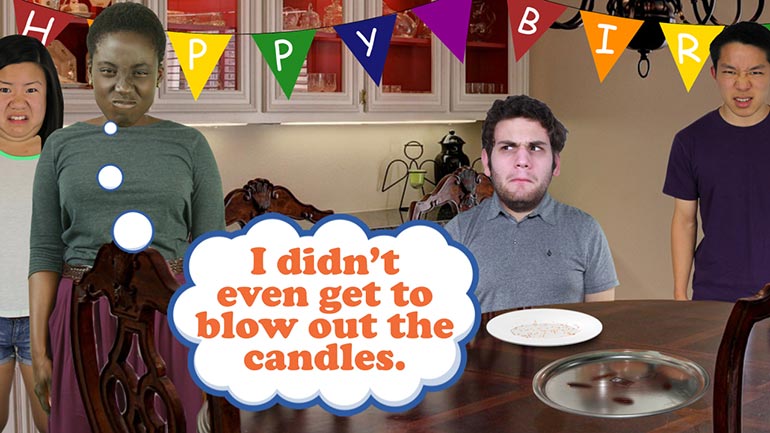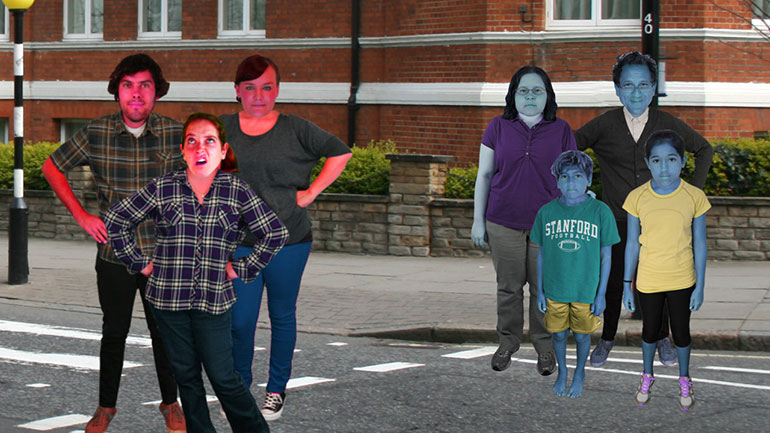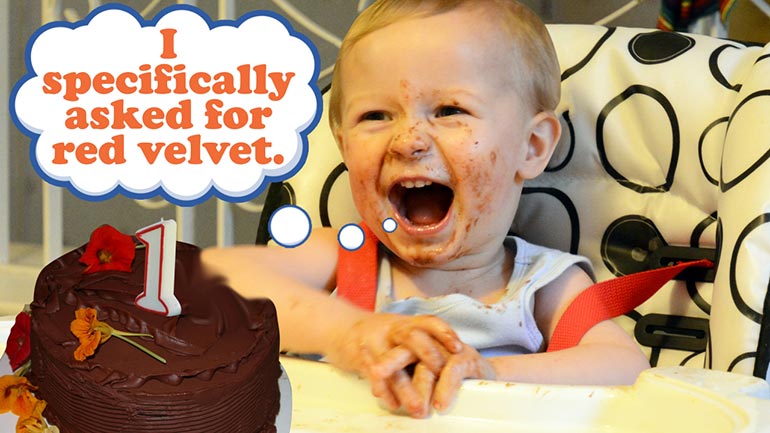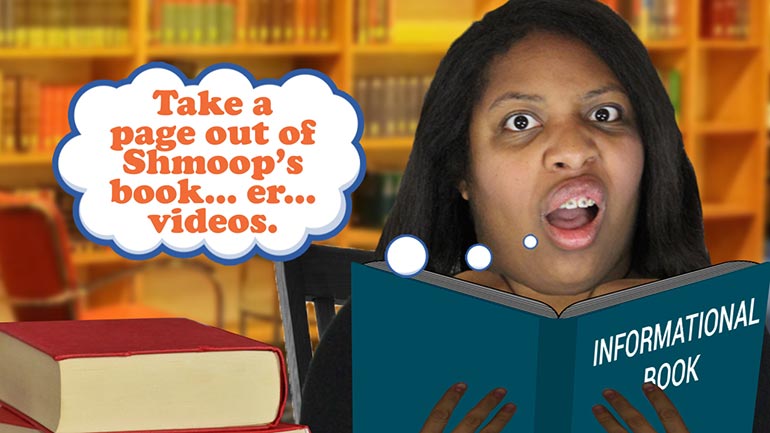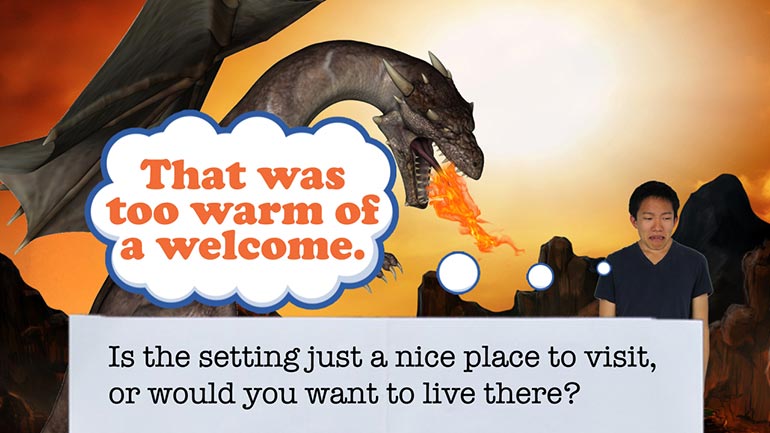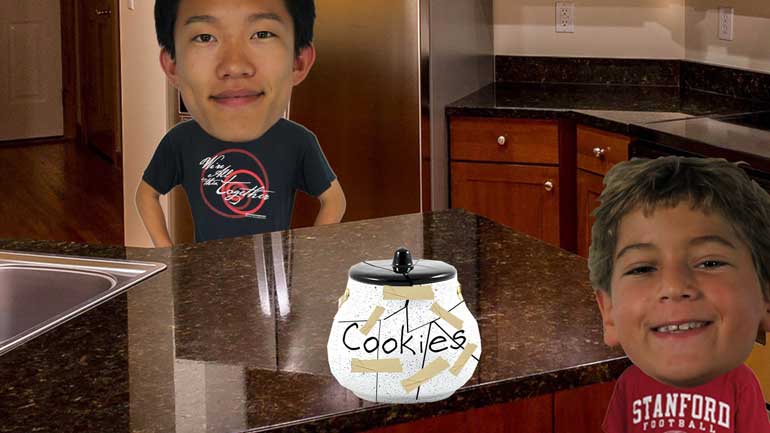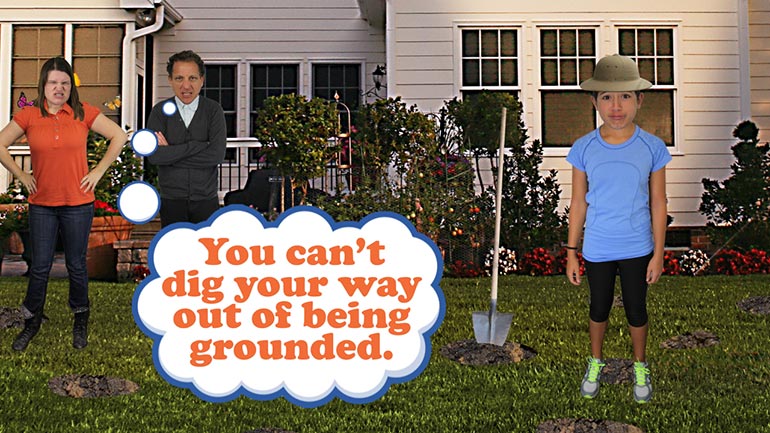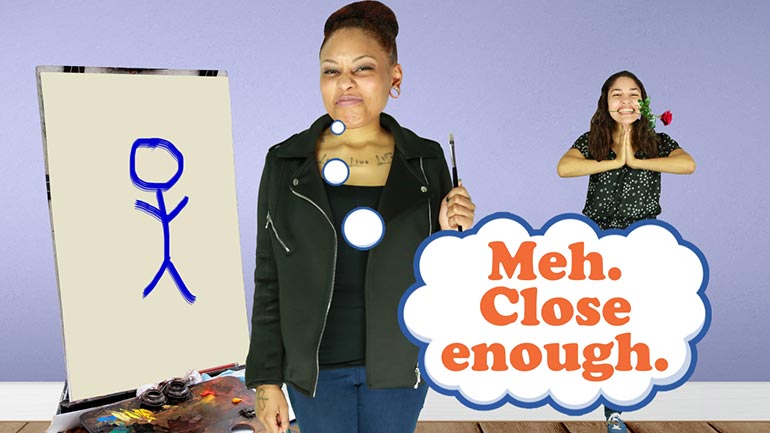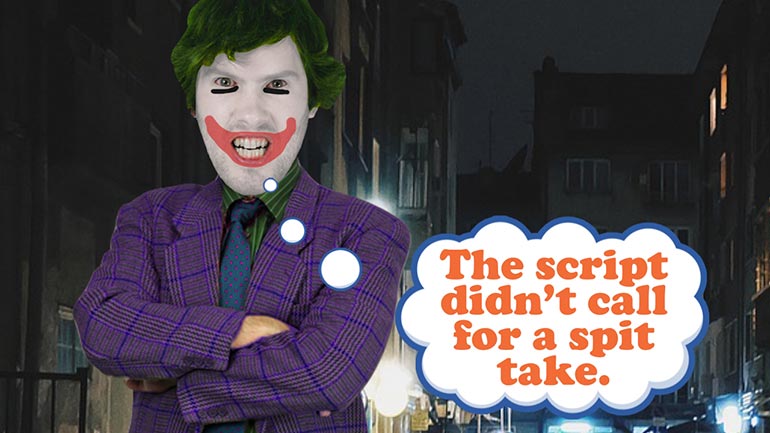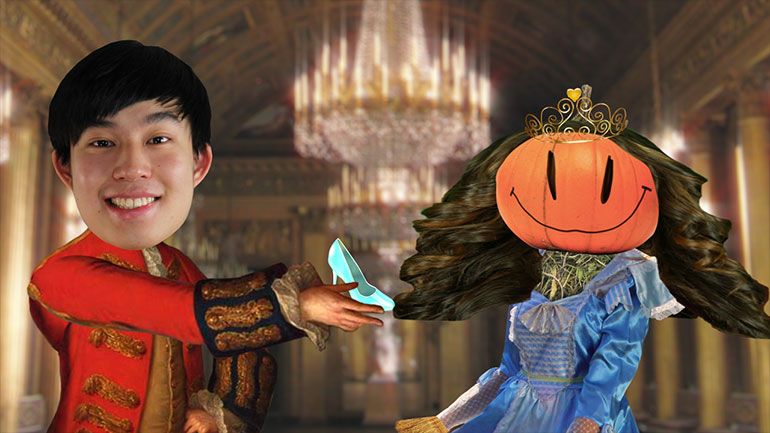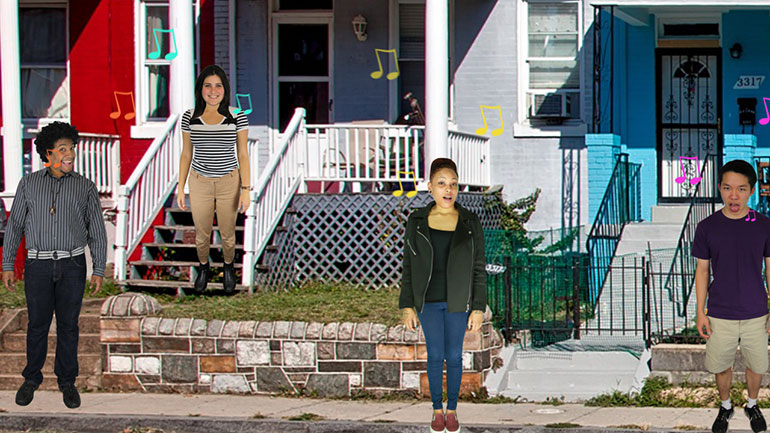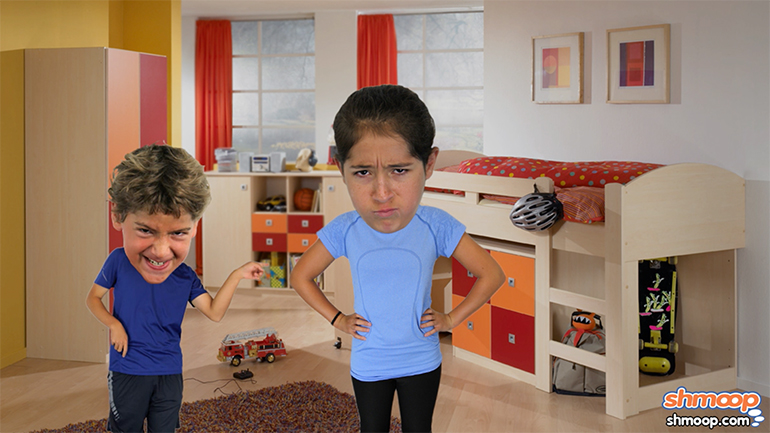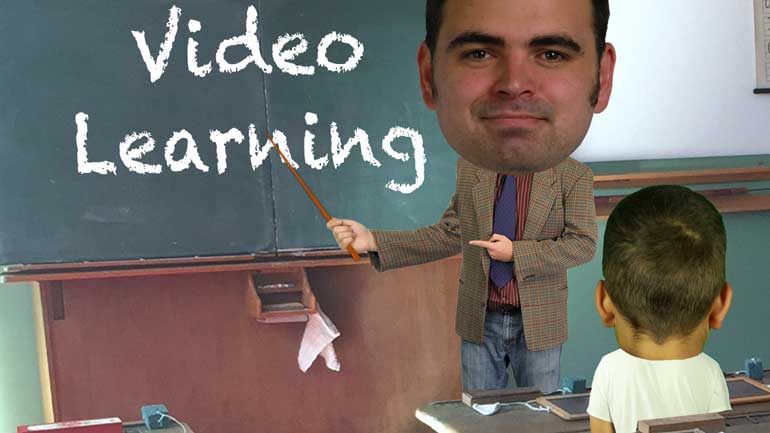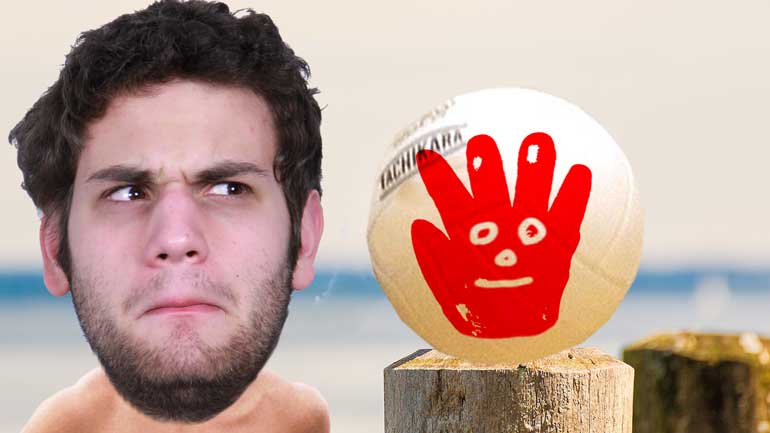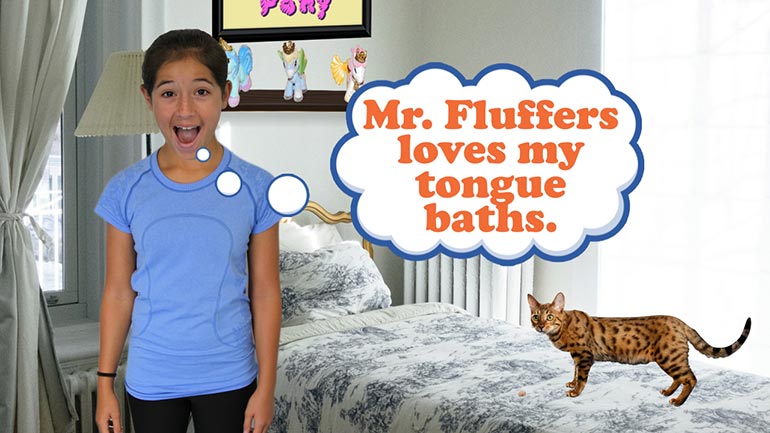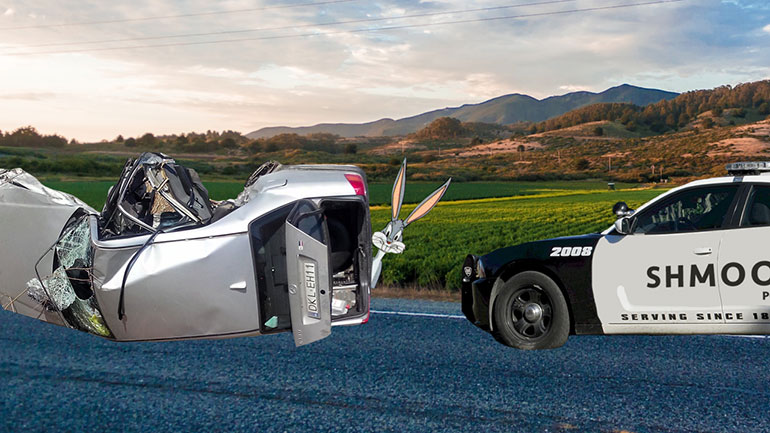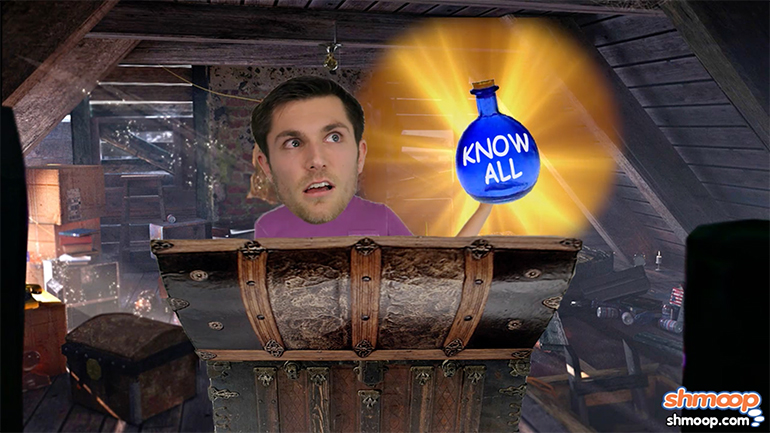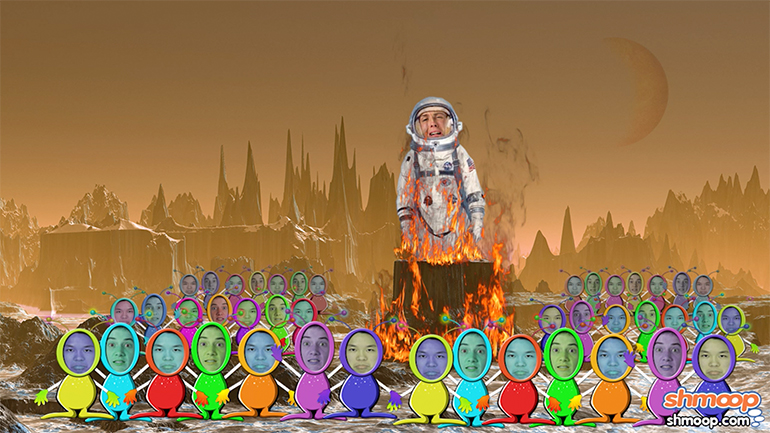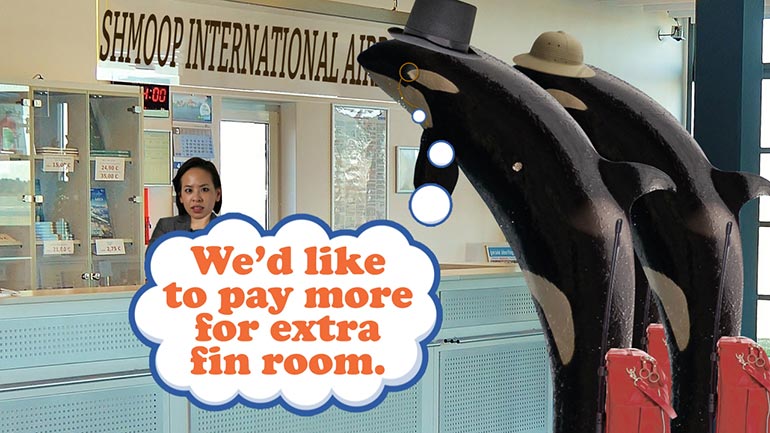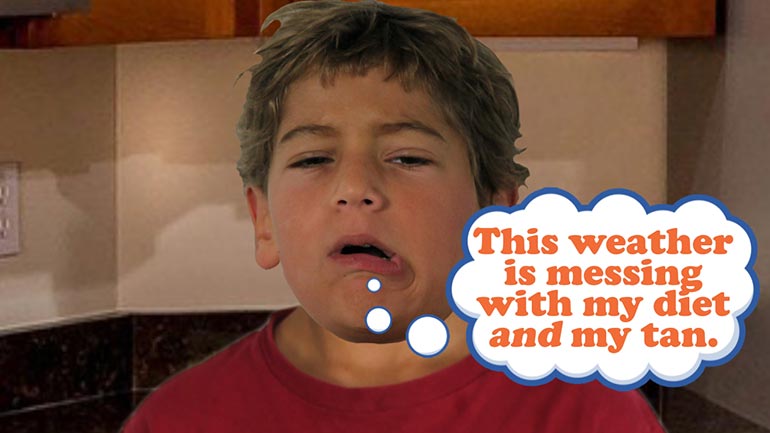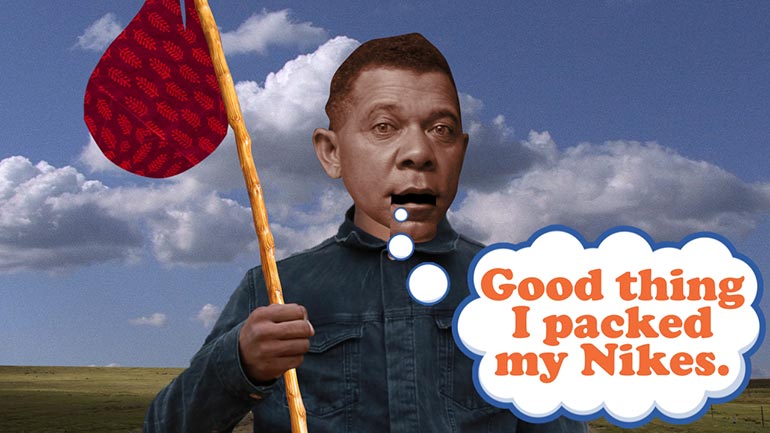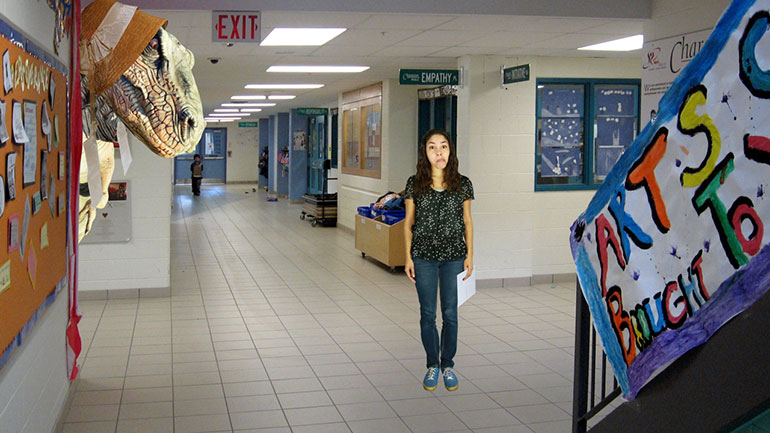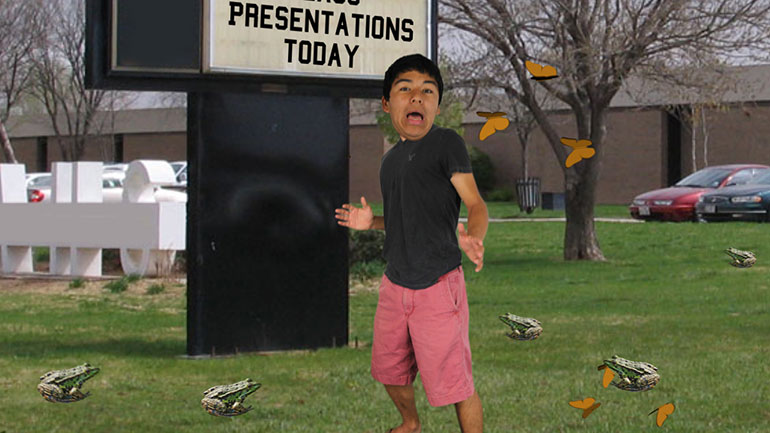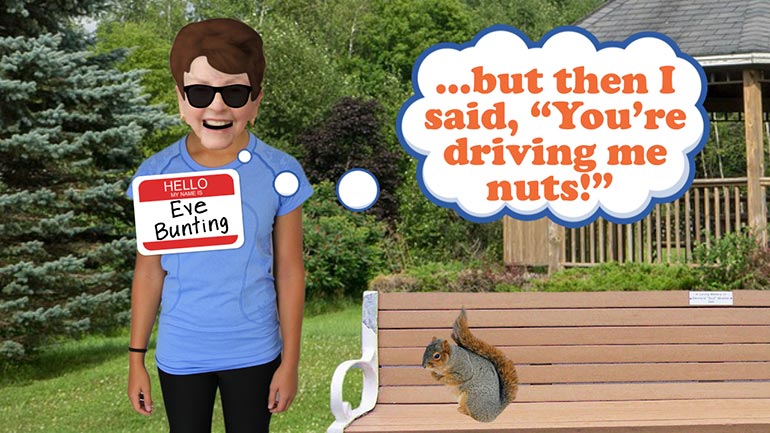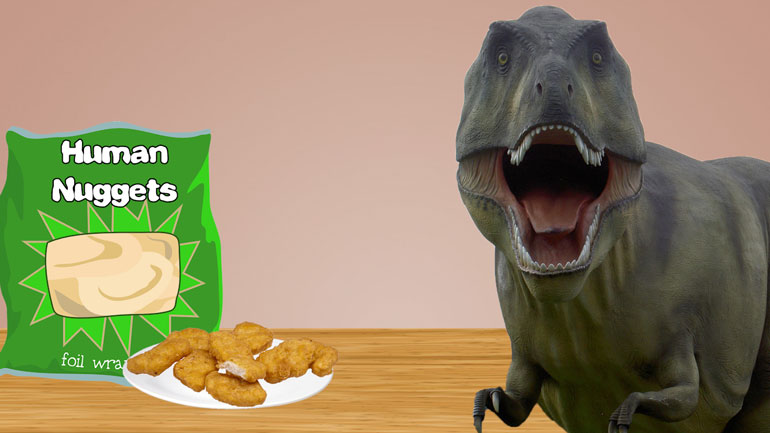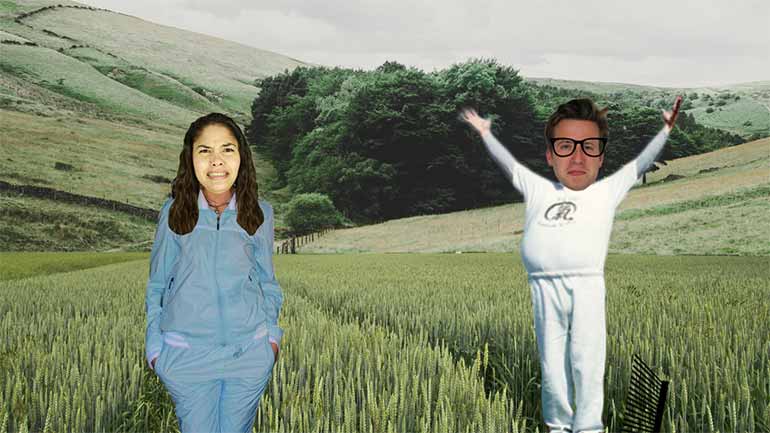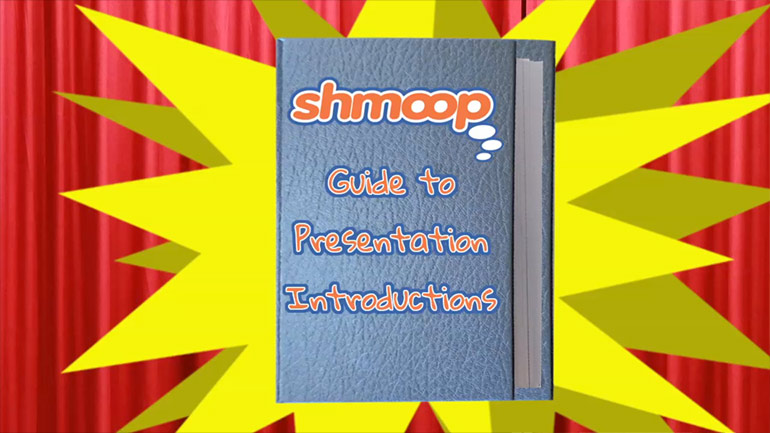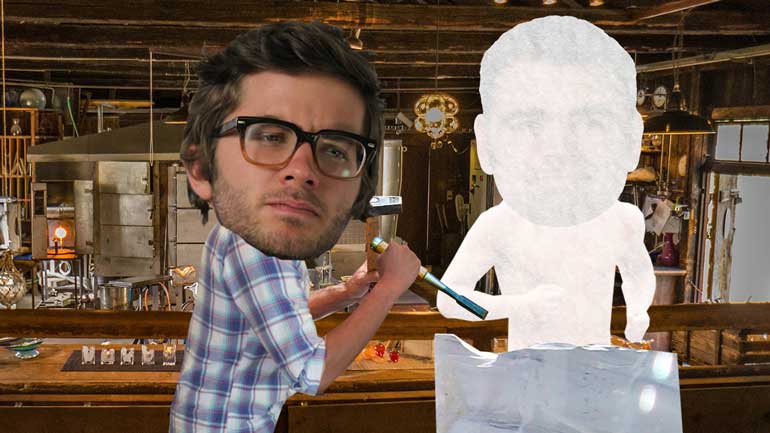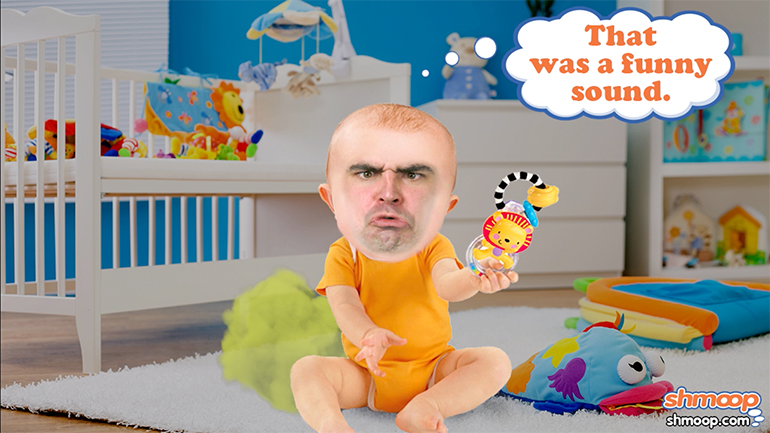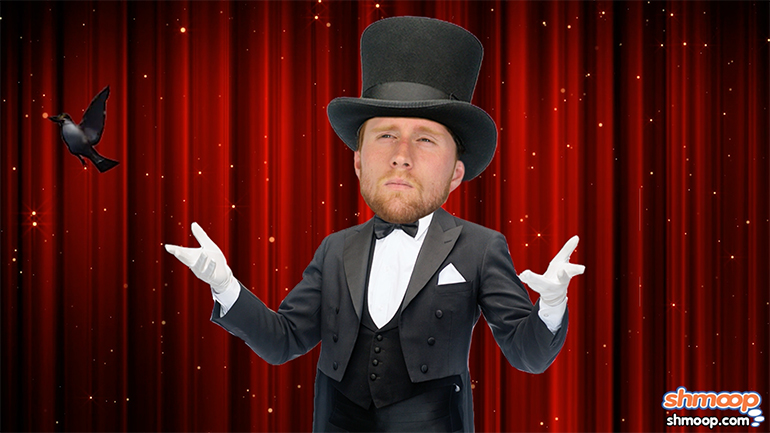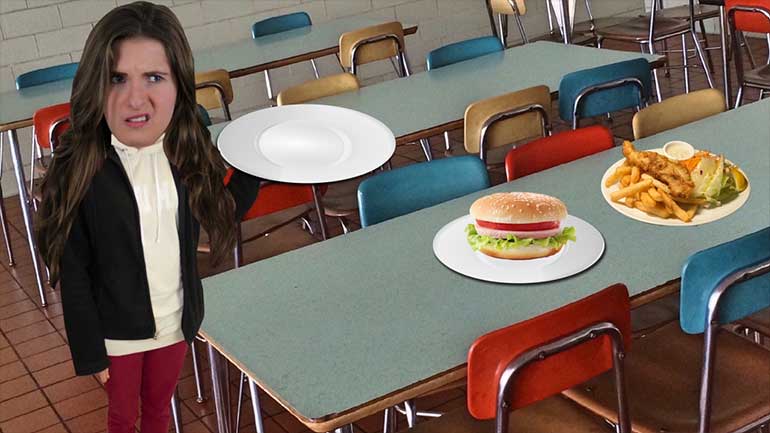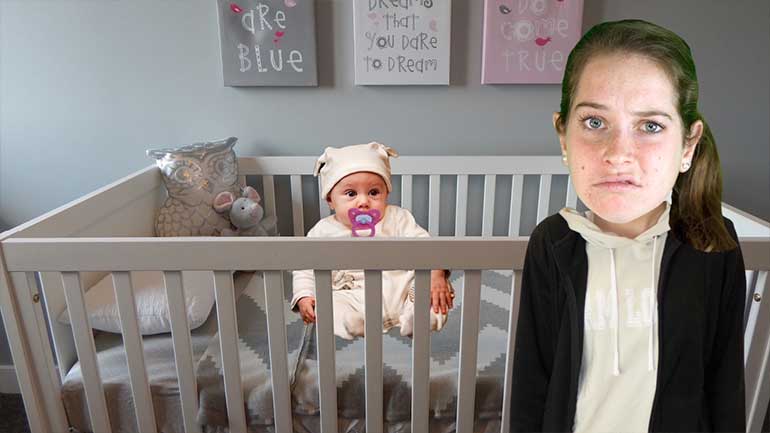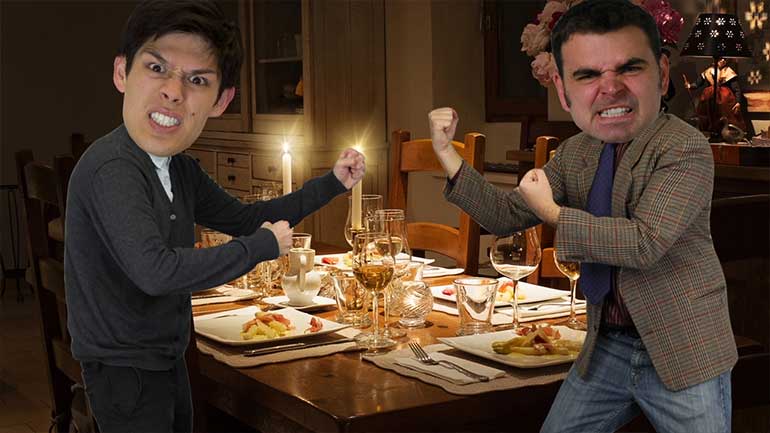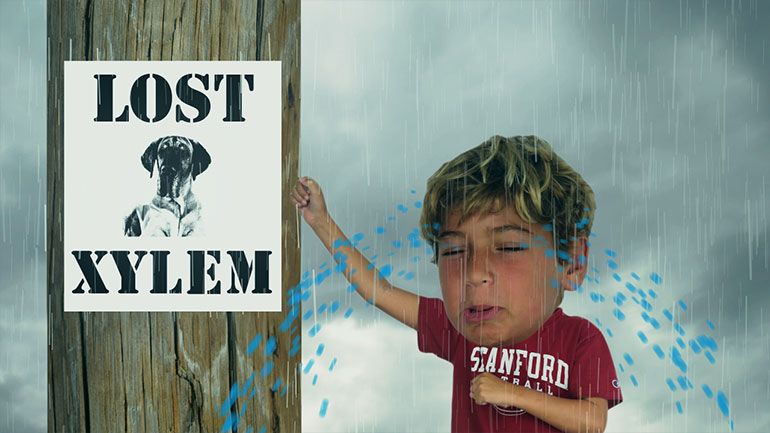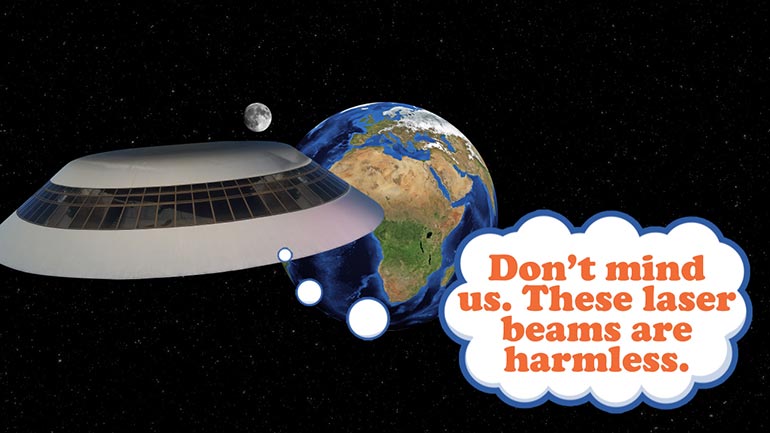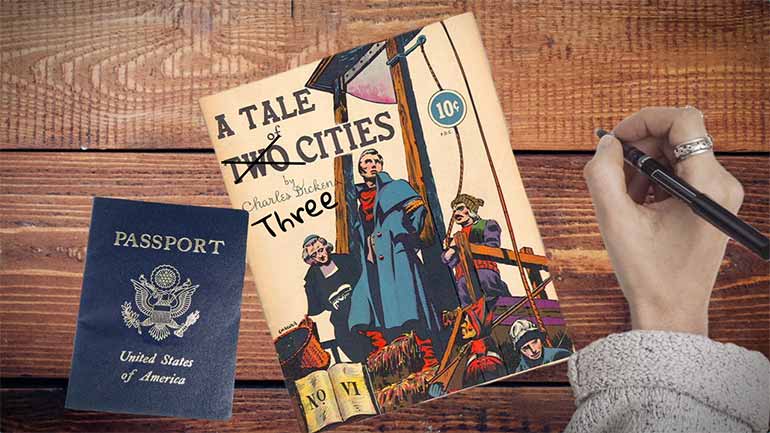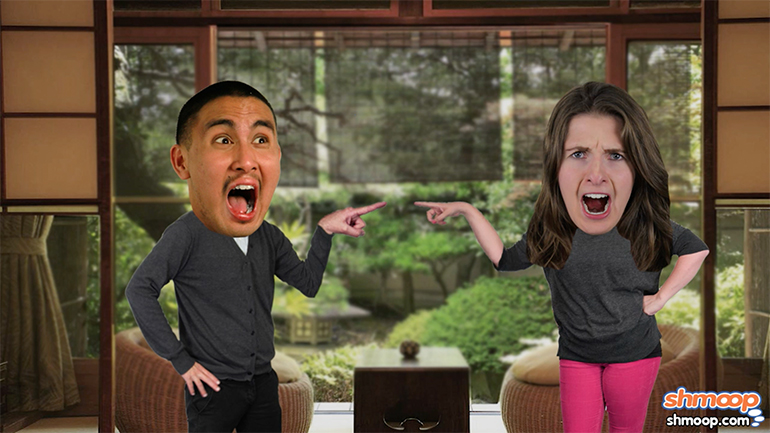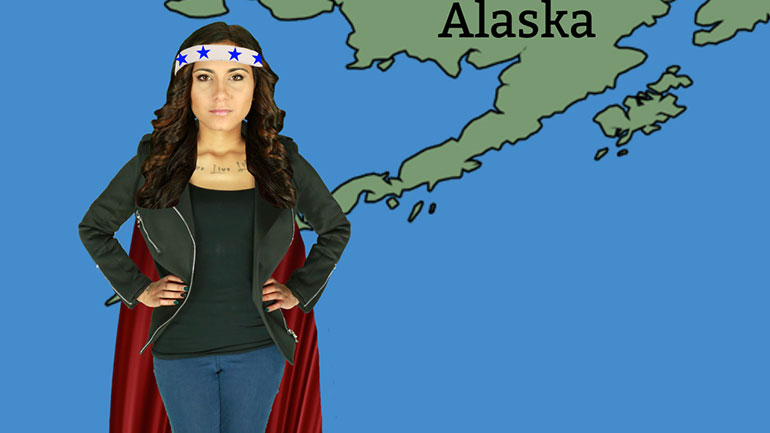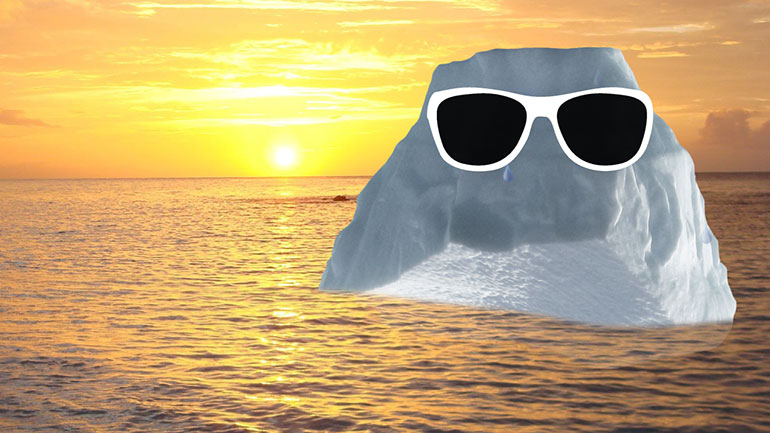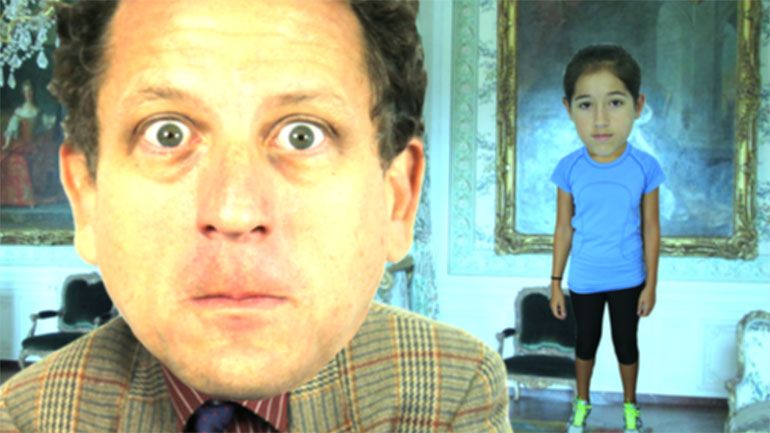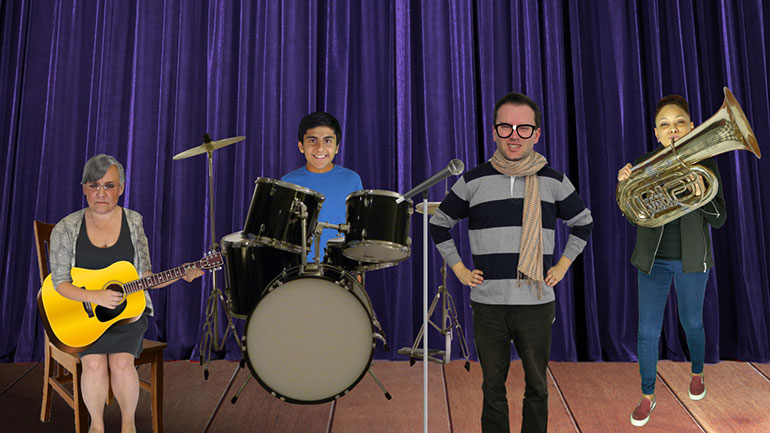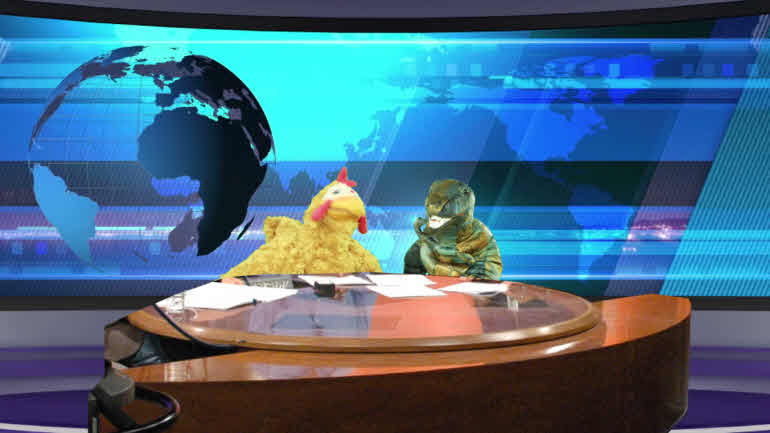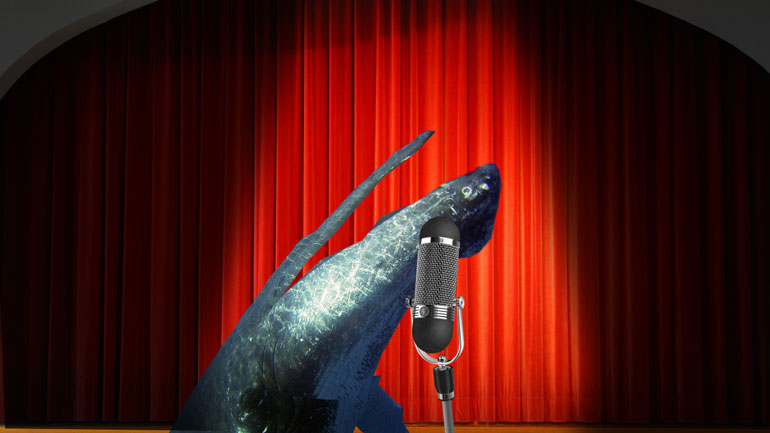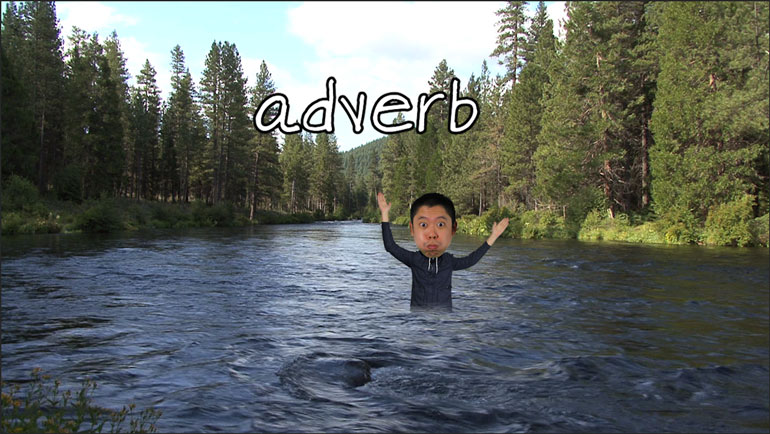ShmoopTube
Where Monty Python meets your 10th grade teacher.
Search Thousands of Shmoop Videos
Elementary and Middle School Videos 619 videos
ELA Drills, Beginner: Point of View. Is the statement in the video true or false?
ELA Drills, Beginner: Textual Analysis 1. The purpose of the instruction manual was...what?
ELA Drills, Beginner: Point of View 3. Which sentence in the passage best shows the narrator's point of view on the topic of Chelsea Simpson?
ELA 3: Good, Better, Best 516 Views
Share It!
Description:
You know that friend of yours that wants to "get gooder at talking"? Please get them to this video. Fast. We'll make them better. You can still be the best, though.
Transcript
- 00:04
[Coop and Dino singing]
- 00:13
Sometimes, we can't help but compare ourselves to other people. [Girl stood next to height markings on a wall]
- 00:16
Maybe we're comparing our unimpressive height to our skyscraper brother…
- 00:20
…or our ability to spit out a ball of hair to our cat… [Cat on a girls bed]
- 00:23
…though…you probably shouldn't be good at that one.
Full Transcript
- 00:25
But whether you're comparing yourself to your brother or your cat, there are a number of
- 00:29
different ways to do it using the English language!
- 00:32
The comparative form expresses a comparison between two things, and it's made in one of [Dino teaching comparative form]
- 00:36
two ways…
- 00:37
You can either add the suffix “-er” and the word "than," or you use the words “more”
- 00:42
or “less.”
- 00:43
Let's check out some examples! [Piano keys]
- 00:44
Man, we check out so many examples in these videos…we should have some sort of jingle… [Coop singing]
- 00:55
…Whoa.
- 00:56
Anyway.
- 00:57
First up is the “-er” suffix, which is added to one syllable words.
- 01:01
For example, for the one syllable word “smart” we might say something like... [Girl walking in a park and falls over a rock]
- 01:05
“She is smarter than that.”
- 01:07
Any time we've got a one-syllable word, we use this “-er” plus “than” combo...
- 01:12
Tall becomes taller than.
- 01:13
Big becomes bigger than.
- 01:14
Strong becomes stronger than.
- 01:16
Cool becomes cooler than.
- 01:17
And so on and so on.
- 01:19
It's easier than you thought, eh?
- 01:22
…See what we did?
- 01:23
Naturally, then, when we have a word that is more than one syllable, we use “more” [Dino discussing more or less]
- 01:27
or “less.”
- 01:28
For example, let's say instead of the one-syllable word “smart” we wanted to say “intelligent.” [Girl reads an intelligence book]
- 01:34
We wouldn't say “She is intelligenter than that.”
- 01:36
That doesn't sound intelligent at all!
- 01:39
Instead, we would say, “She is more intelligent than that.”
- 01:42
Sounds much better, right?
- 01:44
And that's the rule for any other word with more than one syllable. [Girl brushing her hair]
- 01:47
More beautiful than, less argumentative than, more relaxed than... and so on and so forth.
- 01:53
Okay, so we've figured out when and how to use either “-er” or “more or less.” [Coop teaching about comparing two things]
- 01:58
But that's only for when we're comparing two things.
- 02:00
What do we do when we want to compare MORE than two things? [A series of different sized pennies]
- 02:04
In that case, whatever has the GREATEST degree of comparison
- 02:07
is expressed as having the “superlative” of it.
- 02:10
Which might sound complicated – but it's actually quite simple.
- 02:13
A superlative is very often simply the word with the “-est” suffix at the end. [Coop singing]
- 02:24
…That's still amazing.
- 02:25
Anyway.
- 02:26
“The watermelon is the biggest fruit on the table.” [Collection of fruit on a table]
- 02:29
Big with the “-e-s-t” suffix becomes biggest.
- 02:32
That's the superlative.
- 02:33
And this works with most words...
- 02:34
Healthiest.
- 02:35
Strongest.
- 02:36
Fastest.
- 02:36
Kindest.
- 02:37
Smartest.
- 02:38
…Intelligentist?
- 02:39
Oh, okay, fine, that one doesn't work.
- 02:42
We'd simply say “most.” [Girl reads intelligence book in the library]
- 02:43
As in, “the most intelligent.”
- 02:45
And that's it!
- 02:46
We either use “-e-r” plus than, or, “more” or “less” when comparing two things, and
- 02:51
the superlative “-e-s-t” when comparing more than two things!
- 02:54
…We don't have any more examples to give you, but uh…could we maybe…just take a
- 02:59
peak at that jingle again? [Students sitting in a classroom and Coop performs jingle]
- 03:07
Oh my gosh... magic.
Related Videos
ELA Drills, Beginner: Point of View. Is the statement in the video true or false?
ELA Drills, Beginner: Textual Analysis 1. The purpose of the instruction manual was...what?
ELA Drills, Beginner: Point of View 3. Which sentence in the passage best shows the narrator's point of view on the topic of Chelsea Simpson?
We wanted to make a video about sedentary rocks, but we couldn't get lazy uncle Rocky off the couch. Oh well. We'll teach you about sedimentary roc...
Today we're bringing you the opposite of Jurassic Park—how living things become fossils. Okay okay, it might not be quite as fun...but hey, at le...
